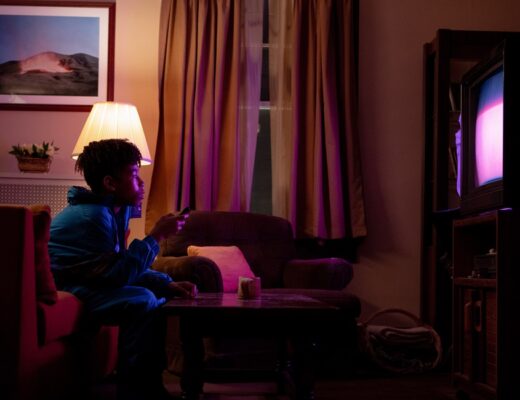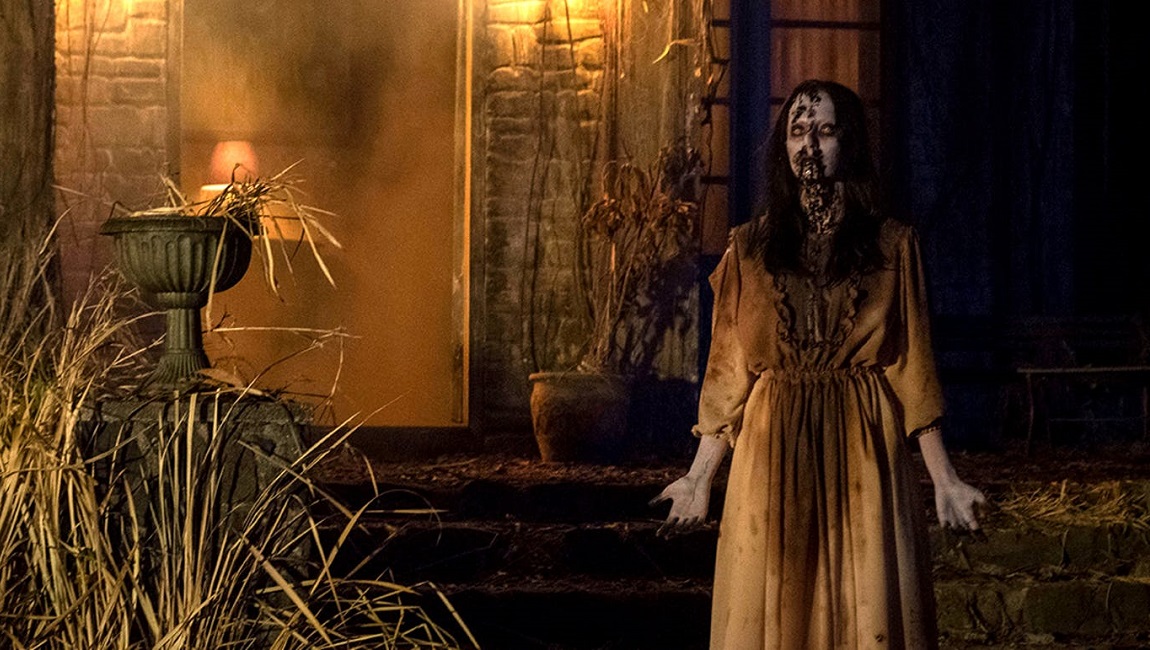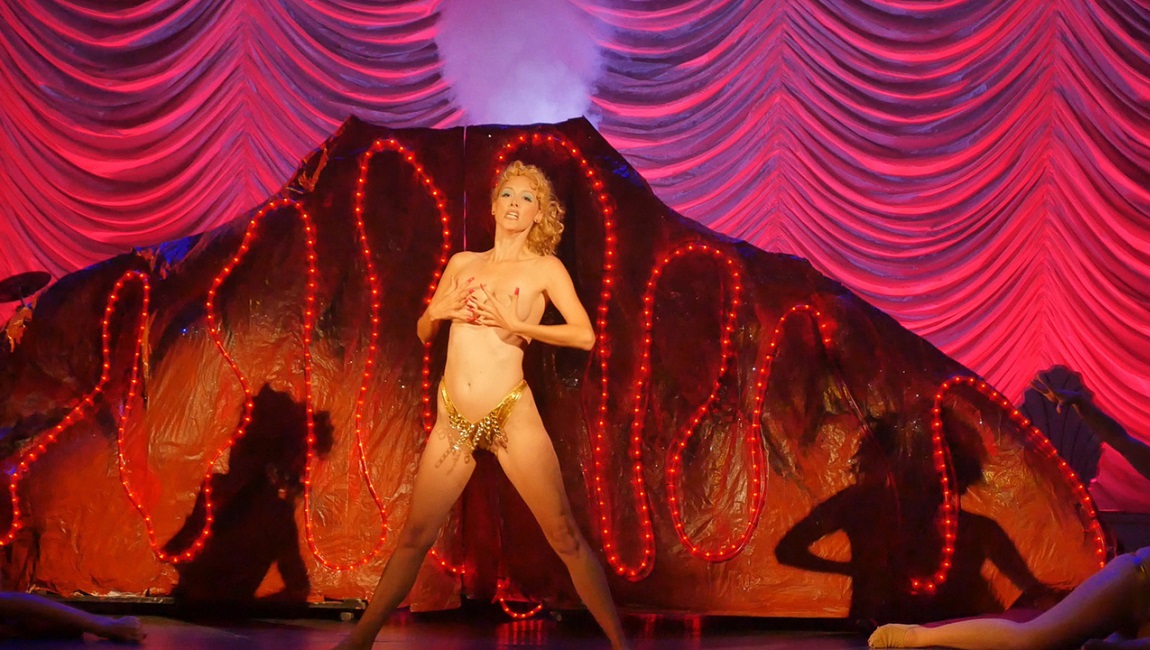Hunt proves too twisty for its own good, failing to deliver on the promise of its early going.
Hunt, the directorial debut feature of actor Lee Jung-jae, opens in the 1980s amid a period of social unrest in South Korea. A sequence of military coups has led to a series of military dictatorships, inspiring the people of Korea to take to the streets in protest. In Washington, D.C., during the Korean president’s meeting with America’s leader — symbolic of a consolidation of power against Communist forces in Asia — special agents Park (Lee himself, perhaps the most recognizable Korean actor in America thanks to Squid Game) and Kim (Jung Woo-sung) thwart an attempt on their leader’s life while butting heads in the process. In this bit of action and in its aftermath, Hunt appears to be a sort of politically-minded spy thriller, the kind defined by a flurry of arcane jargon and acronyms where part of the pleasure is in trying to puzzle together exactly what is going on in this clandestine world.
But soon the film settles into a less intriguing rhythm as it focuses on the hunt for a mole within South Korean intelligence, with Park and Kim once again at each other’s throats. From here, the film has basically two moves: mounting an action scene or throwing in an additional plot twist. There are many of both. The action scenes are roundly more successful as they’re choreographed by Train to Busan’s stunt coordinator Heo Myeong-haeng and directed convincingly by Lee. These are largely thrilling, dangerous shootouts that are coherent and pack a punch, but sometimes Lee will mount a more complicated, thrilling suspense piece, like a sequence in which a sniper is looking to pick off a hospitalized witness who is waking from a coma.
The twists, however, are what Lee mistakes for intelligent plotting. What you think you know is constantly thrown into disarray from some new piece of information that changes the entire course of the film. It never becomes convoluted enough to be hard to follow, but instead only casts the film as a more simplistic, disappointing thriller, even as it threatens to fly off the rails of coherence. And what at first appear to be intriguing political dimensions eventually reveal themselves to be factional interests in the plot, their politics just a thinly sketched moral position. Toward Hunt’s end, the twists get more and more illogical, Lee twisting himself into knots to portray his character as having some sort of inane moral compass despite everything that comes to light to the contrary.
While Lee usually takes pains to portray the government of the time and its agents as monsters, quick to torture anyone and given to distrust in one another, he doesn’t have much of a substantive political take besides some bland, simple moralism. Student protestors are one-dimensional, portrayed as more rowdy and fractious than particularly ideologically minded. And the political powers at play are only “political” insofar as it affects the aforementioned plot twists. The military dictatorship setting is mere window dressing, giving the film a look and a facade to hide its empty thrills behind. When those thrills are good, as in the bloody shootouts or nighttime acts of espionage, that’s maybe enough — it’s easy to briefly forget the shallow trappings that inform everything. But once the narrative pulls one 180-degree turn too many, it’s hard to reconcile what the film actually is with the far better spy thriller it promised at its outset.
Originally published as part of Cannes Film Festival 2022 — Dispatch 1.







